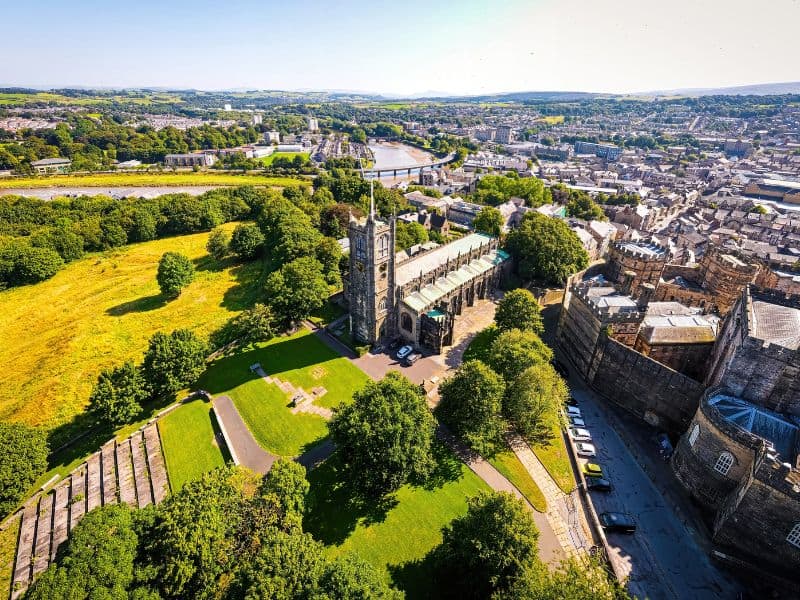Retailers touch the lives of millions of people every day, supporting the vibrancy of the communities they operate in. From small shops on high streets to shopping malls, out-of-town centres and online platforms, retail is a driving force in the UK economy.
Introducing the retail sector
The UK has one of the most vibrant and dynamic retail industries in the world. It accounts for 5% of our economy, contributes £17bn in business taxes and has higher productivity growth than almost any other industry. The UK retail industry provides essential goods and services, helping customers to meet their needs and aspirations. Customers shop at more than 300,000 separate retail businesses, which in turn employ over 3 million people in the UK, making retail the UK’s largest private sector employer.
Retail continues to evolve and advance. The industry is going through a period of profound change, with technology transforming how people shop, costs increasing and growth in consumer spending slowing.
Online retail will continue to grow as retailers invest in new emerging technologies. In the future there will be fewer stores and those stores remaining will offer new experiences. There will be fewer, but better jobs and, in years to come, a career in retail will be very different to today.
The importance of going green in retail
The retail industry has an important influence on carbon emissions. UK retail connects British consumers to millions of farmers and countless factories across the globe. From extreme weather conditions to global pandemics, supply chains have proven to be resilient and reliable, providing the UK population with everything they need whether it be food, clothes, entertainment or furniture. However, meeting this demand currently comes at a significant cost to our planet, with a carbon footprint in excess of 200 million tonnes of carbon dioxide equivalent emitted from retail operations, supply chains and the use of products.
Based on Defra (Department for Environment, Farming and Rural Affairs) figures for the UK’s carbon footprint, the total lifecycle footprint of goods sold annually in the UK, excluding vehicle and fuel sales, is approximately 215 MtCO2e. It is critical that Retail acts to deliver net zero not only in its own operations but also in the products sold. As retailers sit between suppliers and customers, the retail sector can support emissions reductions across the value chain. Retailer supply chain initiatives can include procurement standards and protocols, supplier incentives, climate funds, data collection, and knowledge sharing. Customer-facing initiatives include providing sustainable living information, facilitating low-carbon travel, and improving product end-of-life recycling.

The British Retail Consortium represents 200 UK retailers. Its purpose is to make a positive difference to the retail industry and the customers it serves, today and in the future. BRC tells the story of retail, and works with members to drive positive change.
Created by
IEMA is the membership body for environment and sustainability professionals



